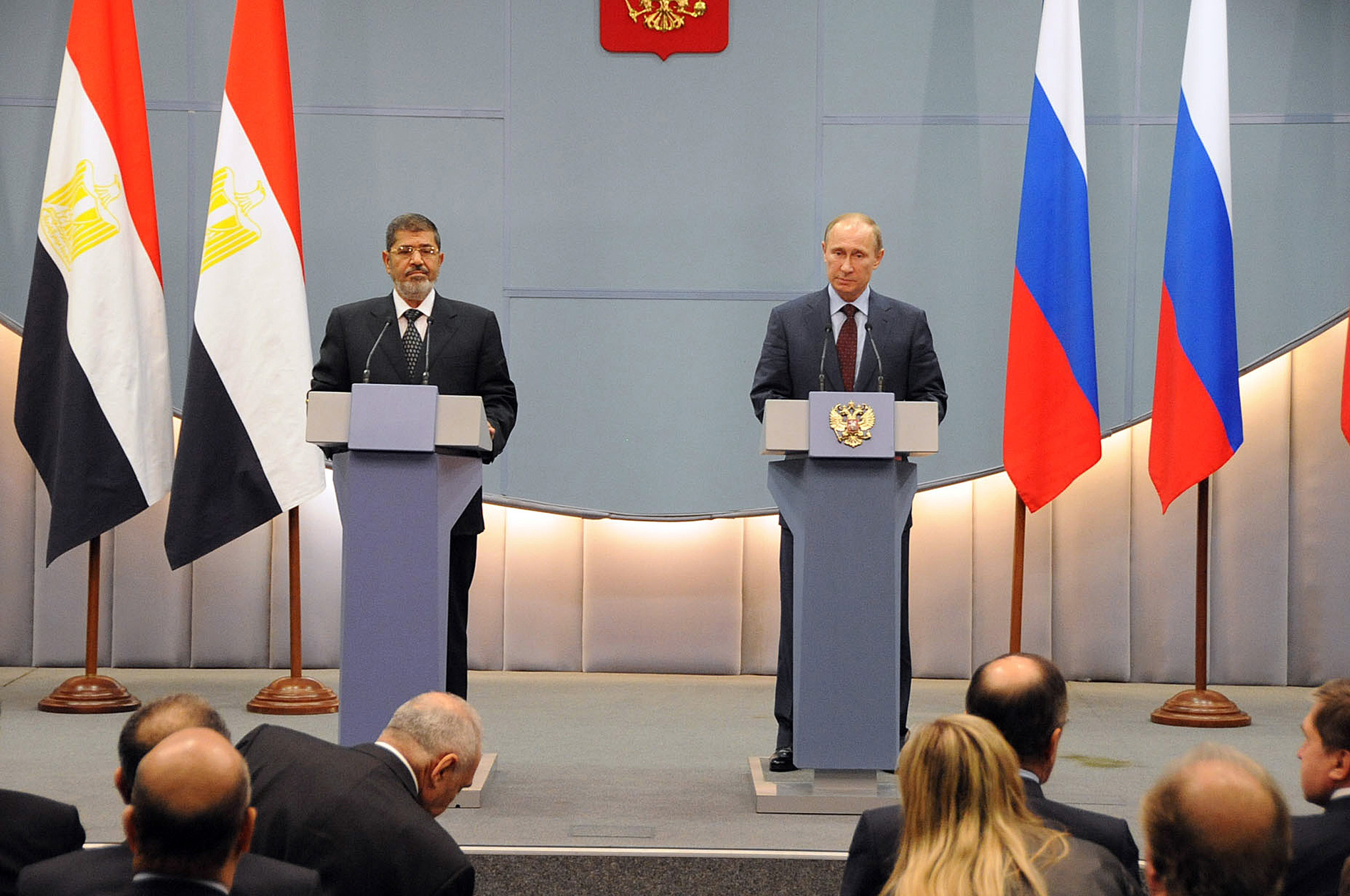LONDON: With no end in sight to political unrest in the Middle East and North Africa, borrowers from the region will find it costlier to roll over maturing debt this year but are unlikely to default.
Hundreds of people have been killed in Bahrain and Libya in anti-government protests inspired by upheavals that just weeks ago dislodged decades-old regimes in Egypt and Tunisia.
The turmoil has not only put on hold bond issuance plans from the region, it has also sparked a jump in the cost of debt insurance. Higher credit default swaps inevitably spell higher borrowing costs.
Few expect Egypt and Libya-style eruptions of violence in richer countries such as Saudi Arabia and Qatar but their CDS have surged to multi-month highs, raising borrowing costs across the region.
Thomson Reuters data shows Middle East and North African entities must find over $16 billion to redeem international bonds maturing this year.
Of this, over $13 billion belongs to sovereigns or state-run entities. Egypt must find some $2.5 billion to repay debt, while the region’s other two vulnerable states, Lebanon and Tunisia, must repay $1.3 billion and $795.5 million respectively. On syndicated loan markets, over $35 billion comes due as a deals sealed during the 2006-2007 boom start to mature
None of this looks onerous, investors and analysts say.
Bank lenders are relatively more flexible in renegotiating loan extensions.
Bond holders don’t appear too worried either.
"We are not expecting any of these markets to have any trouble with debt servicing," said Kevin Daly, a portfolio manager at Aberdeen Asset Management, who holds debt from Bahrain and Jordan and also bonds issued by Dubai utility DEWA.
"These countries are not heavy borrowers in external debt markets," he added.
There are other reasons: much of this debt is held by local investors while Gulf coffers benefit from oil revenues. Regional instability has pushed oil higher to 2-1/2 year highs, would paradoxically prove a boon even for Bahrain, whose budget balances with oil at $97-$100 per barrel.
Net oil importers Egypt and Tunisia are vulnerable to higher commodity prices but their foreign debt levels are relatively low. Even during the crisis in Cairo, Egypt’s external bonds saw interest from foreign fund managers.
Analysts point out central bank reserves in both these countries are well in excess of 2011 debt servicing needs.
Corporates vulnerable?
Still, the turmoil has disrupted financing plans. Tunisia had planned a dollar bond in early 2011 while Bahrain had invited banks to bid on arranging a $1 billion issue.
The deals will almost certainly be postponed.
However, RBS analyst Raza Agha says there are "no prospects" of a sovereign event in Bahrain.
"In case of financial distress at the sovereign level, several GCC countries would more than willingly provide extensive funding, probably beyond debt servicing requirements," Agha told clients in a note.
RBS expects $18 billion in issuance from the Gulf this year though much of it is not aimed at refinancing and thus less critical. So far just $1 billion has been placed and borrowers remain shut out of global capital markets.
While no one expects default, higher regional CDS will raise borrowing costs, as investors are paying more to hedge the risk. For instance, bankers estimate that any new bond from Bahrain will now need to carry a premium of 40-50 basis points, versus the 10-20 bps it typically pays.
The costs will be amplified for corporates, which still suffer the reputational damage caused by the 2009 Dubai World debt rescheduling saga.
Two UAE firms, Emaar and Abu Dhabi Commercial Bank kicked off the issuance pipeline this year but both deals came before the Bahrain unrest kicked off.
On syndicated loans, Gulf firms have $15 billion due. That market also has seen some deals postponed, including a $2 billion loan for state-owned Egypt General Petroleum Company.
Ultimately though, attractive pricing will lure buyers.
Sergei Strigo, head of emerging debt at Amundi Asset Management, likes Dubai Holdings debt and notes issuers from Dubai or Qatar are subject to lower levels of political risk.
"Dubai risk is attractive.. we get fairly high spreads so the risk is basically priced in," he said. –Additional reporting by Carolyn Cohn and Alasdair Reilly



